Sri Lanka struggles to respond effectively to COVID-19 third wave: Amnesty Intn’l
As several countries with access to vaccines lift restrictions and seem to be coming out of the pandemic, Covid-19 continues to pose significant challenges in South Asia and beyond, and Sri Lanka has proved to be no exception.
Amnesty International has found that with ad hoc plans for vaccine distribution, challenges in procuring the required quantity of vaccines, and serious failures in addressing the needs of most-at-risk populations like prisoners and factory workers, the Sri Lankan government has failed to guarantee the right to health, a statement from the human rights advocacy outfit said.
“The roles of the government of Sri Lanka and the international community are critical at this juncture when Sri Lanka is struggling with a third wave of the virus, and the number of daily cases have risen to more than 2500 a day in a population of just 21 million people,” the statement said.
In contrast, Taiwan has registered 218 cases a day in a population of 23 million, and Burkina Faso has registered zero cases a day in a population of 21 million.
Sri Lanka is obliged under international law to ensure that Covid-19 vaccines are available, accessible, affordable and of good quality for everyone without discrimination. As the virus rips through neighbouring India and other South Asian countries like Nepal, a surge of new cases has also been recorded in Sri Lanka,4 with a total of 213,396 confirmed cases and 1,843 deaths recorded since the beginning of the pandemic last year.
Sri Lanka’s Health Promotion Bureau issued a public warning of a Coronavirus breakout after the April New Year festive season.
Amnesty International said it is concerned that the Covid-19 vaccination drive in Sri Lanka is falling short of both resources and planning, and the country is facing challenges in ensuring access to all.
"Sri Lanka started its vaccination drive on 29 January 2021, only after India gifted 500,000 does of the AstraZeneca vaccine produced by the Serum Institute of India, as a part of India’s ‘Neighbourhood First’ policy. The vaccines were administered to healthcare workers on the frontline of Covid-19 prevention as well as the Tri-Forces and Police.
In late February, the second batch of 500,000 doses of the vaccine (ordered under an agreement between the State Pharmaceutical (SPC) of Sri Lanka and the Serum Institute of India) arrived in the country.
“The Sri Lankan government SPC also placed an order for 10 million doses of AstraZeneca vaccine from the Serum Institute of India at a cost of USD 52.5
million, which is yet to arrive owing to delays. Given the production delays with the AstraZeneca vaccines, Sri Lanka then procured the Sinopharm and Sputnik V vaccines and began their administration,”
-
Still No Comments Posted.



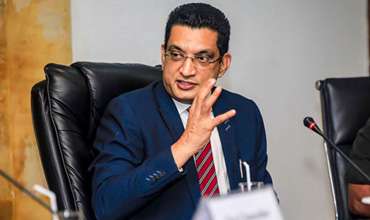
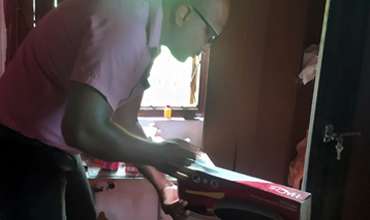
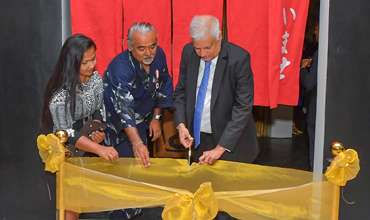
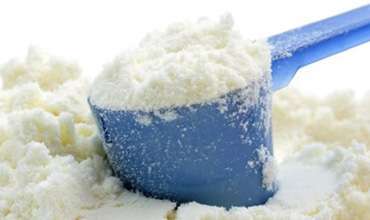
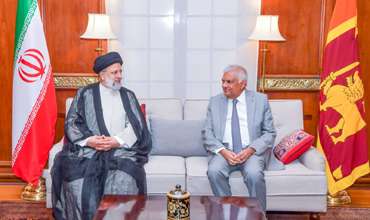
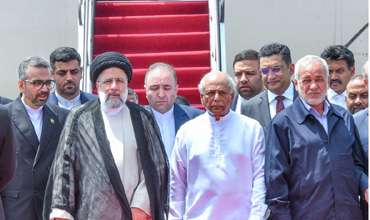
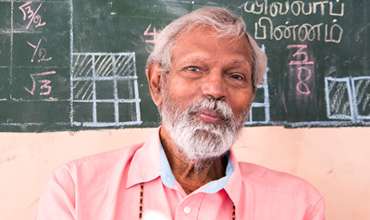
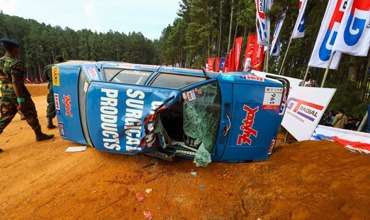
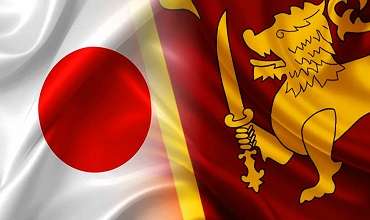
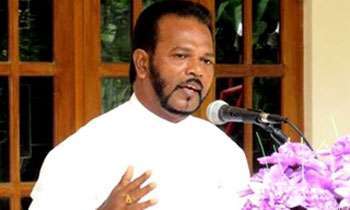
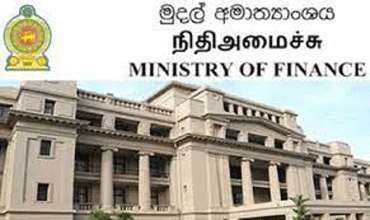
Leave Comments